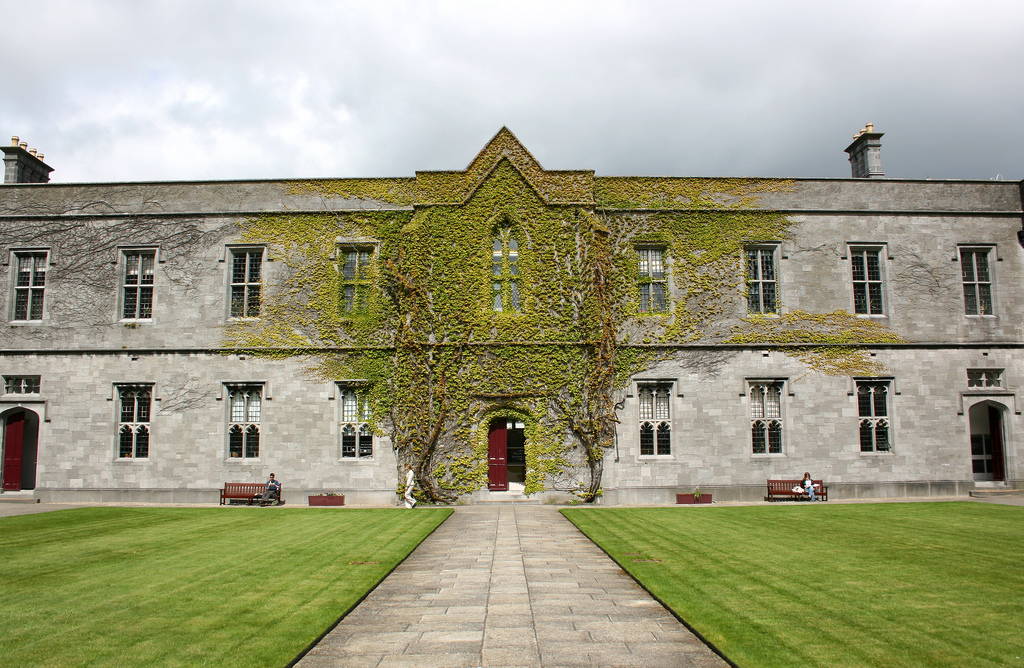Empathy may soon be coming to a school near you.
University of Galway has announced the launch of a high-tech “Empathy Lab” with the aim of building and promoting soft skills using immersive virtual reality (VR) technology.
A first for European universities, the Empathy Lab is a hands-on learning environment designed to combine “the science of human behaviour with the art of human centred design” promote greater unity and breadth of perspective.
It is funded by the Bodyswaps & Meta’s Immersive Soft Skills Education Grant, a fund designed to use VR to enable soft skills training.
Created by the student innovation hub IdeasLab as part of the university’s Designing Futures project, the lab will use VR technology such as simulation suits, haptic gloves, scent masks and “infant simulators” to simulate various scenarios.
This new system, developed with enterprise partner Boston Scientific, seeks to benefit medical students and their mentors, who will “experience multiple scenarios and situations to create better ways to innovate with customers and patients in the area of endoscopy procedures.”
Dr. Natalie Walsh, Director of Entrepreneurial Development and co-lead of the Public Patient Involvement Ignite network in University of Galway, said: “This will have a significant impact on soft skills for both students and staff. Building soft skills amongst students will allow higher education institutions around the world to level the playing field.”
According to VR training platform Bodyswaps, who co-funded the grant for the project, 87% of learners reported a “significant improvement in their self-awareness and knowledge of how to improve their skills” after using immersive VR in their learning, while 85% of learners report increased confidence in applying the simulated soft skills in real situations.
Beyond technology, the University is also launching a new module that strives to promote soft skills. Entitled Empathy in Action, the university cites the aim of the module as promoting different perspectives, thereby creating “action oriented and empathetic future leaders and innovators.”
A 2018 LinkedIn study reported “a shortage of 1.4 million people with communications skills compared with a shortage of 472,000 with software development skills”.






